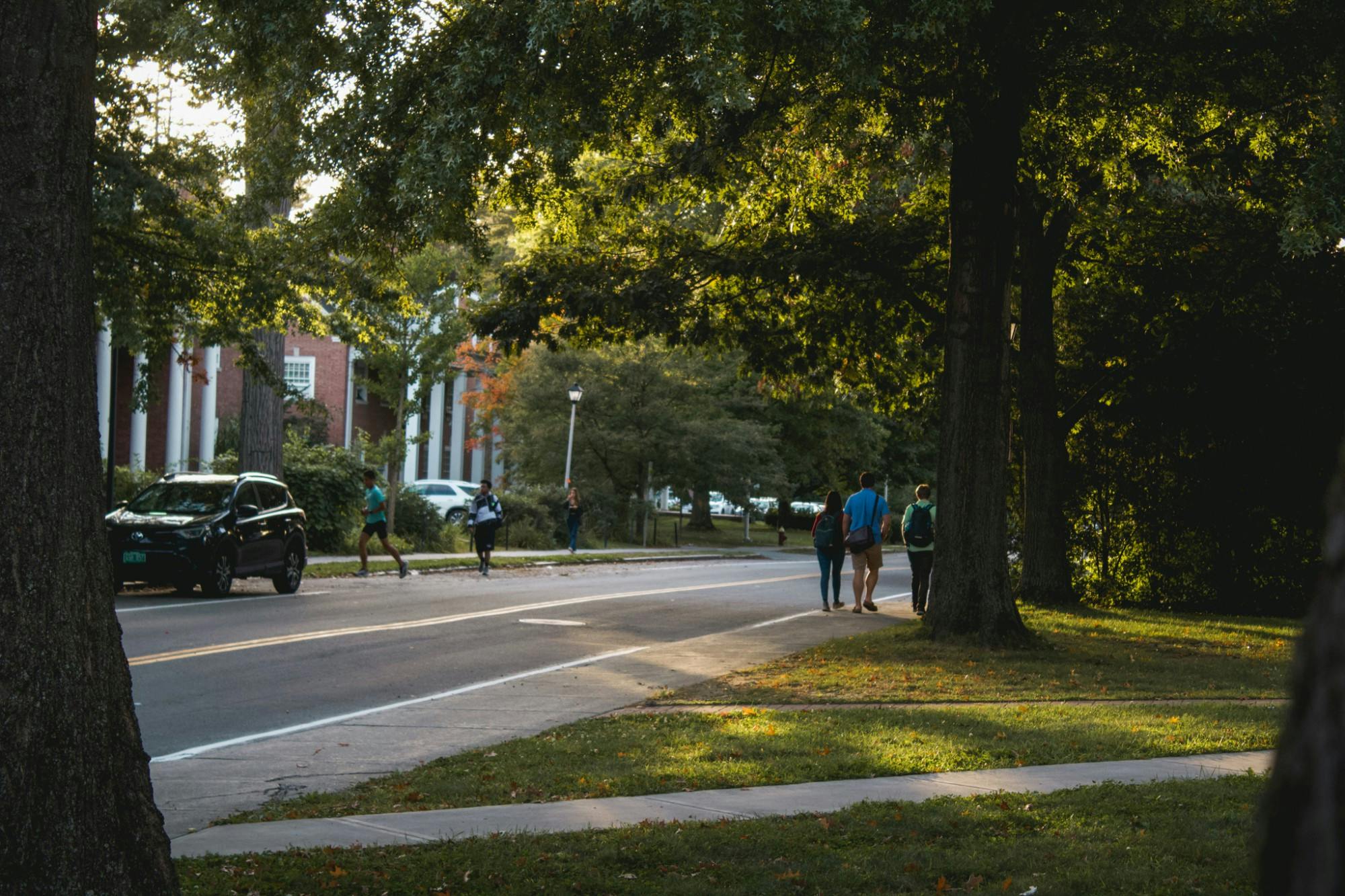As students enjoy outdoor activities on campus this summer, many have reported a return of bats around campus. According to residential operations associate director Bernard Haskell, Safety and Security has received around 14 reports of bats in residences this term, noting that they have been found in academic buildings, College-owned residence halls and Greek houses.
Monique Cummings ’24 said she saw a resting bat at an open-to-campus event at Chi Delta sorority, noting that she could not fully tell it was a bat until she looked closer.
“I thought it was hilarious. I didn’t think it was that big of a deal because I knew it wasn’t going to fly around because it was all huddled,” she said.
Cummings said that the members of Chi Delta responded “very quickly” and evacuated people from the house, calling Safety and Security in order to remove the bat.
Chi Delt summer president Z Li ’24 said that the bat sighting at her sorority’s house was the only time this term that they have dealt with bats and noted it was not unique to her house.
“[Haskell] said that bats are a pretty common issue, not just in [Chi Delta] but in all buildings, in Greek houses, especially in the summer,” Li said. “I don’t know too much about bats, but there are more of them in the summer. So it’s definitely not just a Chi Delta issue.”
In order to protect members living in the house, Li said that Chi Delta closes access to the attic, since “the highest likelihood of bats comes from the attic.” She added that there has been a lack of preventative measures from the College, saying that the College’s tone regarding bats is instead “reactionary.”
The bat sightings are not unique to this year. According to Haskell, bats are a present feature in the summer, noting that he is a “bat-lover” because they eat bugs.
“We live in New England. The bugs are a pain and the bats do wonderful things for them,” he said.
According to biology professor Hannah ter Hofstede, eight species of bats live in the state. The big brown bat is very abundant” compared to the little brown bat, which she attributed to a fungal disease with a high mortality rate among little brown bats.
During the summer, female bats form maternity colonies and give birth to pups. During the day, bats rest, while in the evenings, bats look for nourishment through insects. According to research from the University of New Hampshire, humans should not touch bats because some may potentially carry rabies.
The New Hampshire Department of Health and Human Service notes on its website that following contact with a potential carrier of rabies, the exposed area should be washed with soap and water.
Ellie Rudnick ’23 said last summer, she received a series of rabies shots following two encounters with bats in Hanover. When she went to Dick’s House, she said she was told that she did not need the shots but went ahead with the series after consulting with her primary doctor.
Rudnick said that other friends living off-campus also dealt with bats last summer, along with a friend living in a dorm this spring.
Given that bats are a common occurrence in the summer, Hofstede said that students should appreciate bats, as they are often “underappreciated in terms of their role in nature.”
“They’re kind of mysterious. But they’re basically the birds of the night, so they are eating an enormous number of insects,” Hofstede said. “There have been many studies showing how much economic benefit they give to agriculture by eating all of these agricultural pests, [so] they’re important in forests for the same reason — they play a really important role in every ecosystem.”
Daniel Modesto ’24 is the News executive editor. He is from Brooklyn, New York, and is a Native American and Indigenous Studies major modified with Latin American, Latino and Caribbean Studies.




